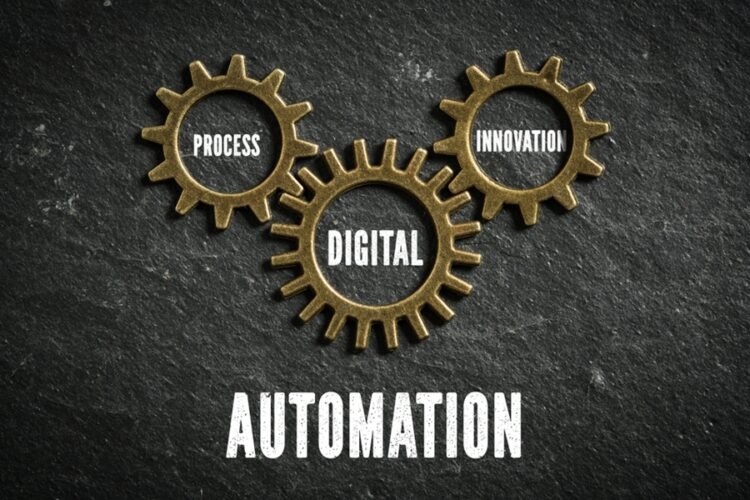
What is Robotic Process Automation?
Robotic Process Automation (RPA) is a technology that automates repetitive tasks and processes by deploying software robots or “bots” to emulate human actions within digital systems and applications. These bots interact with user interfaces, manipulate data, trigger responses, and execute predefined tasks with speed, accuracy, and reliability.
Think data entry, copying information between spreadsheets, sending emails, or processing invoices. If a task follows a set of rules and involves interacting with multiple software systems, RPA can likely automate it.
Robotic Process Automation (RPA) is a transformative force, reshaping how organizations approach repetitive tasks, streamline workflows, and drive operational efficiency. Unlike traditional automation solutions, RPA requires minimal coding and can be rapidly deployed across diverse business functions, spanning finance, human resources, customer service, and beyond.
As businesses strive to optimize processes and enhance productivity, RPA presents an unparalleled opportunity to automate mundane, rule-based activities, empowering employees to focus on higher-value initiatives and strategic endeavors.
Driving Forces Behind RPA Adoption
Several factors contribute to the widespread adoption of RPA across industries. First and foremost, RPA enables organizations to achieve significant cost savings by automating repetitive processes traditionally performed by human workers. By leveraging RPA, businesses can reduce errors, increase throughput, and optimize resource allocation, resulting in tangible bottom-line benefits.
Furthermore, the scalability and flexibility of RPA solutions make them well-suited for dynamic business environments characterized by fluctuating workloads and evolving requirements. Whether addressing seasonal fluctuations in customer demand or adapting to regulatory changes, RPA offers agility and responsiveness to organizational needs.
Transforming Business Operations
Robotic Process Automation revolutionizes business operations across various domains, unlocking new levels of efficiency, accuracy, and agility. In finance and accounting departments, RPA streamlines invoice processing, reconciliations, and accounts payable/receivable tasks, accelerating financial close processes and improving compliance.
In customer service and support functions, RPA automates ticket routing, data entry, and response generation, enabling faster resolution times and enhanced customer satisfaction. Additionally, in supply chain and logistics operations, RPA optimizes inventory management, order fulfillment, and shipment tracking, driving cost savings and operational excellence.
Overcoming Implementation Challenges
While the benefits of RPA are compelling, successful implementation requires careful planning, stakeholder engagement, and change management. Identifying suitable processes for automation, ensuring data integrity and security, and aligning RPA initiatives with broader business objectives are critical considerations.
Moreover, organizations must invest in employee training and skill development to facilitate the integration of RPA into existing workflows and foster a culture of innovation and collaboration. Addressing concerns related to job displacement and job redesign is essential to harnessing the full potential of RPA as a catalyst for workforce augmentation and transformation.
Future Outlook and Emerging Trends
Looking ahead, the future of Robotic Process Automation promises continued innovation and evolution. Advancements in cognitive automation, machine learning, and natural language processing are expanding the scope of RPA capabilities, enabling intelligent automation solutions that can adapt to complex scenarios and unstructured data environments.
Furthermore, the convergence of RPA with other transformative technologies such as artificial intelligence, blockchain, and the Internet of Things (IoT) holds immense promise for driving synergistic value and unlocking new opportunities for digital transformation.
In conclusion, Robotic Process Automation represents a paradigm shift in how organizations conceptualize and execute business operations. By harnessing the power of automation, organizations can streamline processes, drive innovation, and position themselves for sustained growth and competitiveness in an increasingly digital world.
